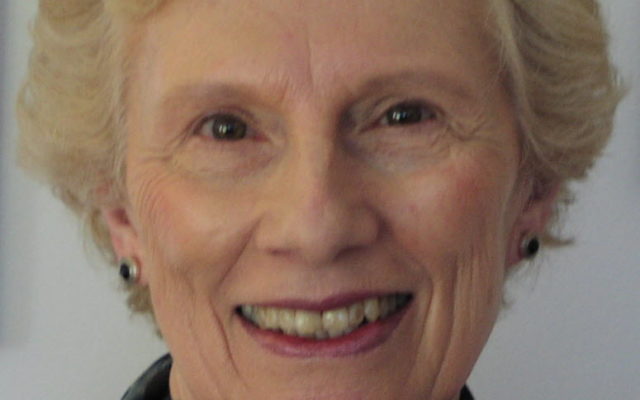
Trauma-Sensitive Yoga’ presentation July 12
We all have experienced traumas. “Trauma is a fact of life, but it doesn’t have to be a life sentence,” said well-known Peter Levine, PhD., neurobiologist and author of “Waking the Tiger.” Many of us have experienced trauma from less obvious causes such as minor automobile accidents, invasive medical or dental procedures, falls, natural disasters, and serious illnesses. Less obvious causes, particularly in children, are being left alone, prolonged immobilization, exposure to extreme heat and cold, sudden loud noises and birth stress. The very obvious causes of trauma are war, severe childhood abuse, neglect or abandonment, experiencing or witnessing violence, rape, and catastrophic injuries or illnesses. Any experiences perceived to be life-threatening or overwhelming that leave people with debilitating symptoms are considered traumas.
Trauma is centered in the body. Traumas from the past live in our bodies in the present and when unresolved, can cause symptoms such as anxiety, depression, panic attacks, insomnia, nightmares, chronic pain, migraines, flashbacks, persistent feelings of isolation, loneliness, or shame, avoidance of triggering situations, unresolved grief, a sense of being irreparably broken, unexplained fear, and fear of intimate and relational issues.
Today, trauma can be addressed using evidence-based, body-based treatments for individual use or as a complementary therapy in conjunction with a psychotherapy, if need be. These treatments use neurobiology to resolve and discharge trauma energy that couldn’t be released at the time of the trauma.
One successful, researched, body-based, SAMHSA evidence-based treatment is Trauma-Sensitive Yoga. At 1 p.m. on Thursday, July 12 at Central Hall in Dover-Foxcroft, a filmed presentation of David Emerson, MA, developer of Trauma-Sensitive Yoga, will be available for viewing by any interested community members wanting to learn about how to discharge trauma using this technique.
Trauma-Sensitive Yoga will be explained and demonstrated with the opportunity for attendee participation. Research has found the practice useful for Complex Trauma and Complex Post-Traumatic Stress Disorder, including traumas related to domestic violence. Those suffering from traumas can find relief in six to 10 sessions practicing this yoga form featuring attention to choices, internal experiences of the participant, and individual power restoration to reconnect the mind and body. The emphasis is not on approval of an external authority, external appearance, or hands-on adjustments.
If you would like to attend this program on Thursday, July 12, please RSVP at 924-7903 or email nami.piscataquis@gmail.com.